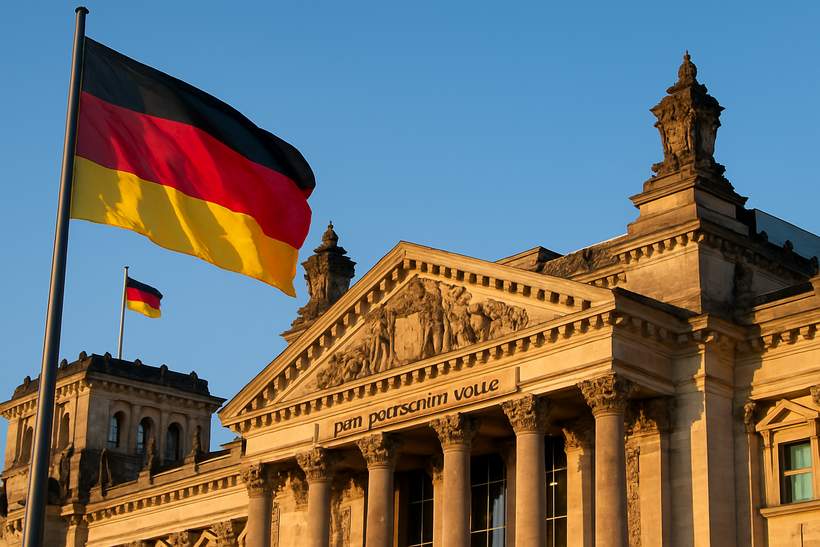Germany’s Gambling Regulator Urges Safe Play Amidst Rising Illegal Gambling

Concerns Over Illegal Gambling in Germany
Germany’s gambling authority, the GGL, has recently come under scrutiny for its perceived lack of action against illegal gambling activities. With the unregulated gambling sector now outpacing the regulated market by a significant margin, the regulator has issued an urgent call to players to prioritize safety and awareness.
Understanding the Dangers of Illegal Gambling
The GGL has highlighted the heightened risks that unregulated gambling platforms pose, especially to younger audiences. These sites, labeled as illegal by the regulator, can lead to sizeable personal and financial consequences for users. The regulator stresses that illegal platforms do not provide critical safeguards, increasing the likelihood of gambling addiction.
Ronald Benter, a member of the GGL executive board, emphasized that players on unauthorized sites face considerable risks without the protections available through regulated operators.
Only gambling services licensed under Germany’s 2021 Interstate Gambling Treaty offer essential consumer protections, such as the OASIS self-exclusion program, designed to help players control their gambling habits.
Challenges in Combating the Illegal Market
Despite these protective measures, the illegal market continues to thrive, diverting substantial gambling revenues away from the regulated sector. This situation limits the effectiveness of national self-exclusion tools as illegal platforms do not comply with such programs, leaving many players vulnerable.
The GGL reaffirmed its commitment to protecting consumers and tackling gambling-related harm, particularly addiction. They intend to intensify efforts to educate players about the risks inherent in illegal gambling and the specific dangers posed by unregulated operators.
This announcement aligns with ongoing concerns from industry groups like the DSWV, who have urged the GGL to address offshore gambling issues and improve the competitiveness of the domestic market to better channel players towards legal options.
Growing Self-Exclusion Numbers and Persistent Risks
The number of players enrolled in Germany’s self-exclusion system, OASIS, has surpassed 350,000, reflecting a growing awareness of gambling-related problems. However, this does not prevent these individuals from accessing illegal gambling sites that do not adhere to self-exclusion requirements, maintaining significant risks.
Additionally, legal uncertainty remains over whether players who have lost money on offshore sites can seek refunds, a matter currently under deliberation at the European Union’s highest court.